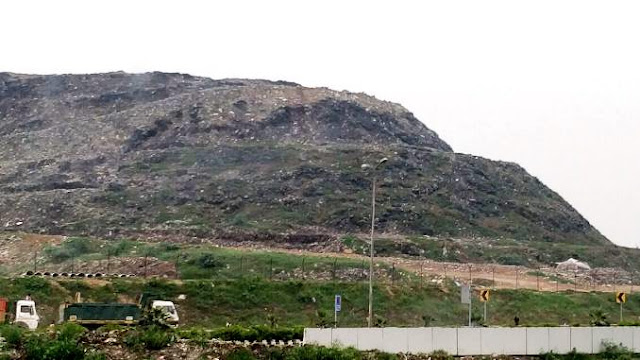Wisdom & Knowledge - Chapter 4.2: Ethical Consumerism & Enviornment
Until a few years ago, we saw plastics at every shop right from street vendors to supermarkets but now in many parts across the nation we have witnessed a shift from low grade plastics to cloth, paper and recyclable plastic bags (minimum thickness 50 micron) and look for a recylable symbol ♲ on them. This is one of the best examples of sustainable consumerism in the recent times. The government banned non recyclable plastics altogether and hence we made a shift to the better alternatives available around us. But this isn’t the end of the road, India still generates close to 26,000 tonnes of plastic on a daily basis. The rule of market is simple; a commodity is made available as long as there are consumers, the day we say NO to plastics around us, the manufacturers would not make it. And reducing our plastic consumption isn’t actually as tough as it may seem, here are a few steps to facilitate it:
- COVID & Single use plastics. With fighting perhaps one of the greatest threats to mankind, we have unknowingly shifted our focus somewhere from another long term problem. Yes, with fewer people moving out we have put a small pause to the carbon footprint but with single use masks & gloves we are looking at a scenario “More masks than jellyfish in the ocean.” Masks can’t be exempted, so let’s use a simple 3 layer cotton reusable masks. Keep multiple cotton masks in case you to go out multiple times. Gloves are only to be worn when caring for someone sick or high exposure scenarios otherwise washing hands regularly is the safest option for us.
- Take your own water bottles while travelling; water filters are available at almost all public transport stations. Just refill your bottle and you are good to go.
- Take your own shopping bags. Many a times we just forget to take a bag even though we want to, put a couple of extra bags in your vehicle or maybe near your house exit so that you don’t have to go out of the way to get them. For years we have collected all the shopping bags that we got in our homes let’s put them to a good use. A same size jute bag can easily hold much more weight than a plastic bag, so that means lesser bags for you to carry.
- Beware of synthetic bag materials. Some stores provide us with jute resembling synthetic bags which are again no recyclable, those need to be avoided. These bags are made of non woven polypropylene fibres (testing at Shriram Institute of Industrial Research clearly indicated that these bags contained polypropylene to the tune of 98.3% - which is clearly a non-biodegradable material). which are entering our food chain & even our respiratory system; and in turn can cause more harm than normal poly bags.
- Milk packets & plastic. We have shifted to a cycle of using milk coming to us in plastic bags. Companies have shifted to recyclable plastic bags but even with these bags comes the concern of shorter bits when we open the bags. These short bits are not possible to recycle. What we can do is that while opening them, make sure they remain connected to pouch. Easy steps!
- Take your containers while going to buy liquids. I know it sounds strange at first but actually it's a very easy to use option and was in fact a practice when plastics weren’t a norm. Taking your own lidded container also makes it convinient for you to carry and reduces effort. Favourable Maths I would say.
I know that these steps seem hard to achieve but not impossible if we have the right motivation & zeal to achieve it. And what’s a bigger incentive than a healthier present & future. Nature has provided us with resources to create life, but now it’s our turn to work to sustain it.



Its surprising how the author had this Outlook during the ongoing pandemic ! I did not think of it till I read this list. Thank you for this eye opener 😄
ReplyDeleteAgreed with the new issues coming up we tend to ignore the already existing ones. Even most of the household still use plastic bags for disposing of waste. If we start from our home and follow the steps mentioned,we can contribute to a big change!!
ReplyDeleteAll the points that you have mentioned are forward-looking! Thank you for putting it together so beautifully.
ReplyDeleteV thought provoking suggestions to take care of mother nature. This is really the need of the hour. Well done. Keep waking up the society and may nature nurture and care of you.
ReplyDelete